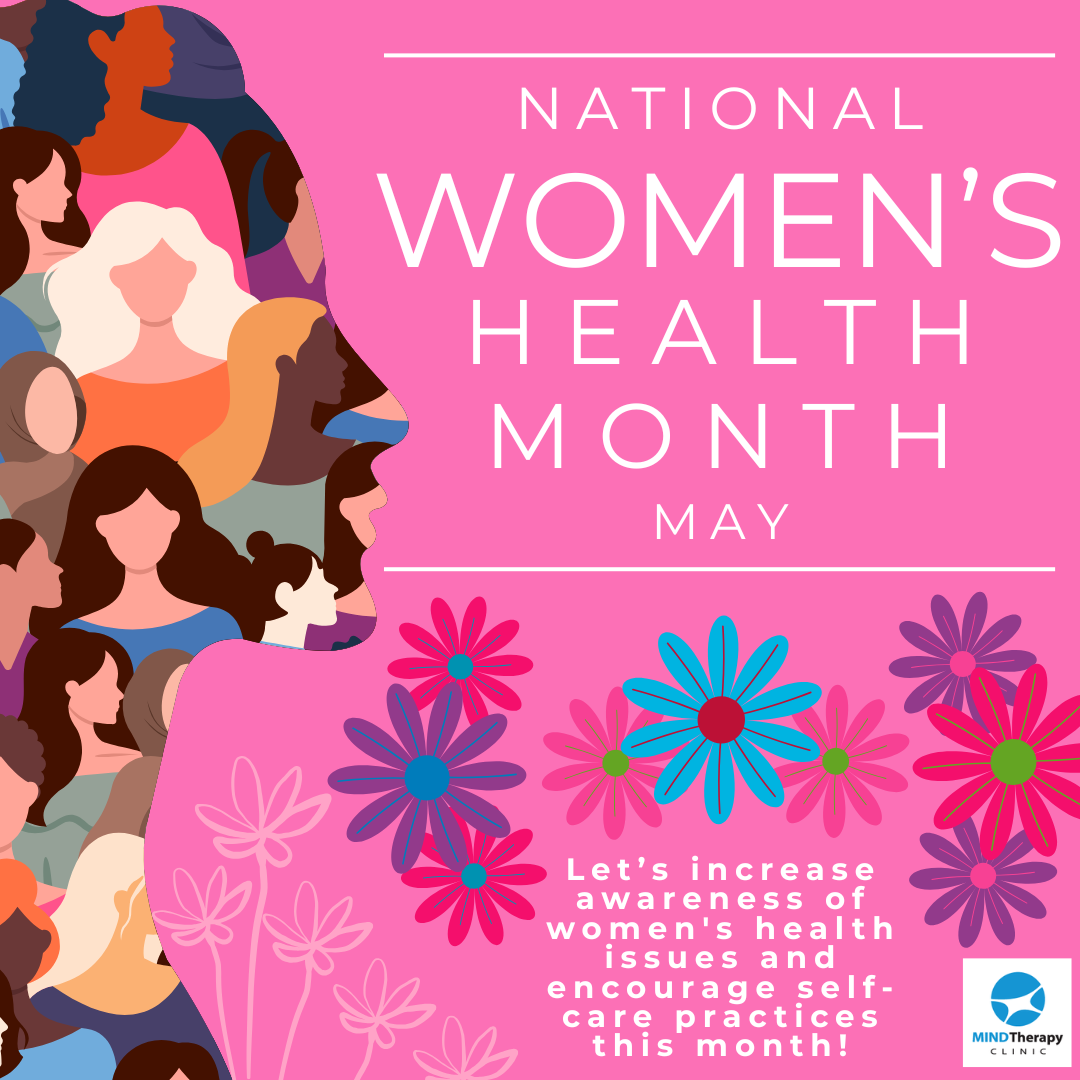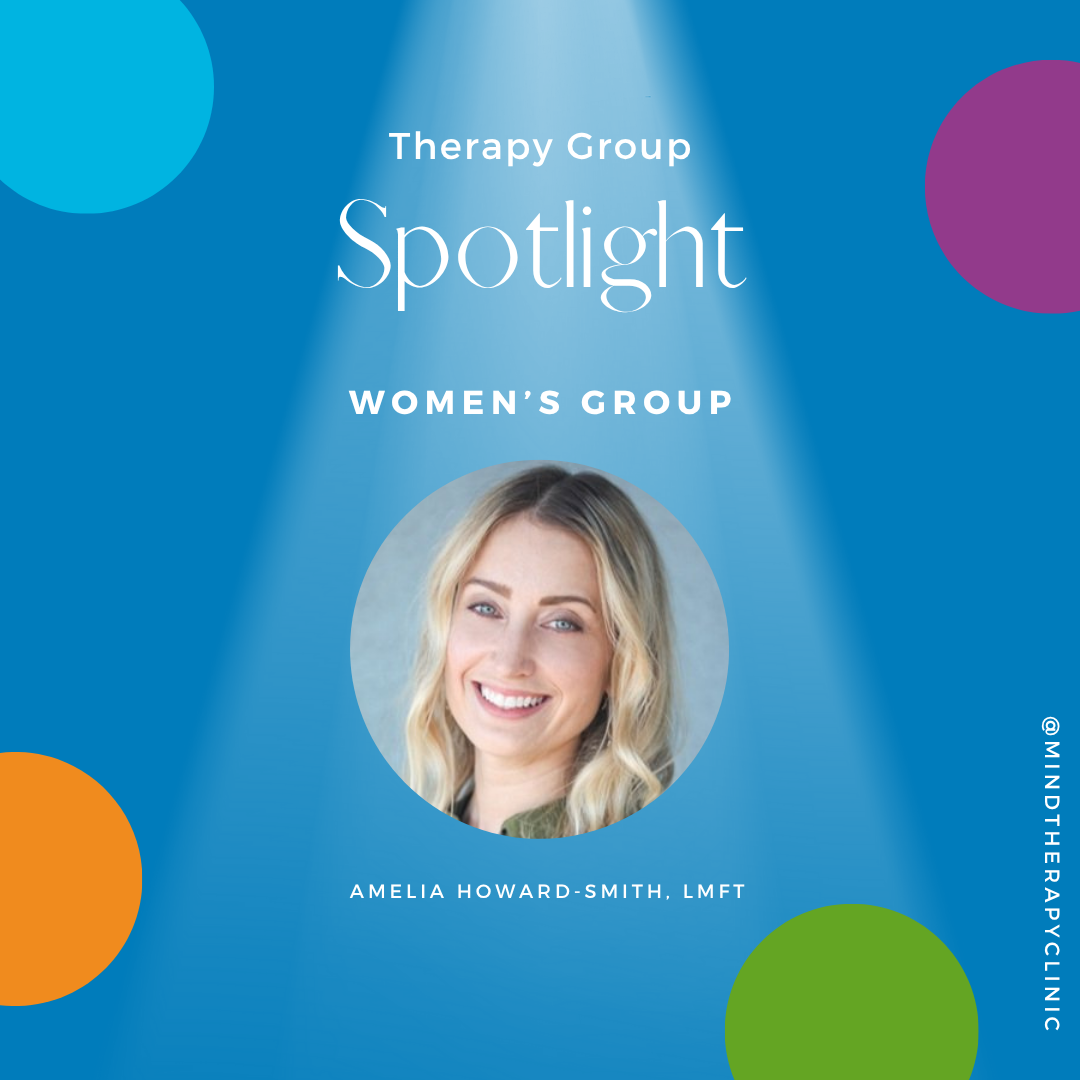May is Women’s Health Month – a time to focus on the unique physical and mental health needs of women and girls. Across every stage of life, women face distinct mental health challenges. Hormonal shifts during puberty, pregnancy, postpartum, and menopause can all impact mood and emotional well-being. Understanding these natural changes can help women seek the care and support they deserve.
Some Facts About Women’s Mental Health
- Women are nearly twice as likely as men to experience major depression.
- Around 1 in 5 women experience mental health issues during pregnancy or within the first year after giving birth.
- Women are more likely to live with anxiety, PTSD, and seasonal mood changes- often alongside physical symptoms like aches, fatigue, or changes in sleep.
- Social media use among girls is linked to increased sadness and feelings of hopelessness.
- Women also face higher exposure to risk factors such as poverty, violence, caregiving stress, and chronic stress at home.
(Sourced from The Office on Women’s Health 1, 2)
Despite these challenges, there is hope. Early recognition, supportive relationships, and access to care can make a real difference. Common symptoms like persistent sadness, tiredness, or feelings of worthlessness should not be ignored, they’re signs to reach out.
This Month, Take a Moment For Yourself:
Check in with yourself and others
- Are you noticing more physical symptoms like fatigue, aches and pains, insomnia or appetite changes?
- Have there been any changes to your mood lately? Perhaps more frequent episodes of crying, more quick to anger or irritability, finding less joy in previously enjoyable activities.
- Do you notice a friend or family member acting differently lately? Try to bring this up with them directly and compassionately. Try out something like this: “Hey, I noticed you have canceled our plans frequently lately. Are you feeling okay? How can I help?”
Practice small acts of self-care
- Take time for activities that help you destress–might be taking a walk in nature, mindfulness/meditation, journaling, eating your favorite snack in the sun
- Try out a progressive muscle relaxation, it can be a great way to feel grounded and calmer in the moment–here’s a link to a progressive muscle relaxation video on youtube, while geared toward kids, people of all ages find it helpful! https://www.youtube.com/watch?v=cDKyRpW-Yuc
Educate yourself on the mental health challenges women face
- Check out this website: Mental Health Resources for Women – womenshealth.gov
Reach out to a provider or support network if you’re struggling
- Often when we’re having a hard time, we get the idea that speaking up puts an emotional burden on our friends/family. This is not usually the case! Your loved ones want the best for you; you don’t need to manage this alone.
- Mind Therapy Clinic offers a Women’s only process group in a virtual format so it can be accessible from anywhere in California. Call our front desk today at 415-945-9870 to learn more about this group.


